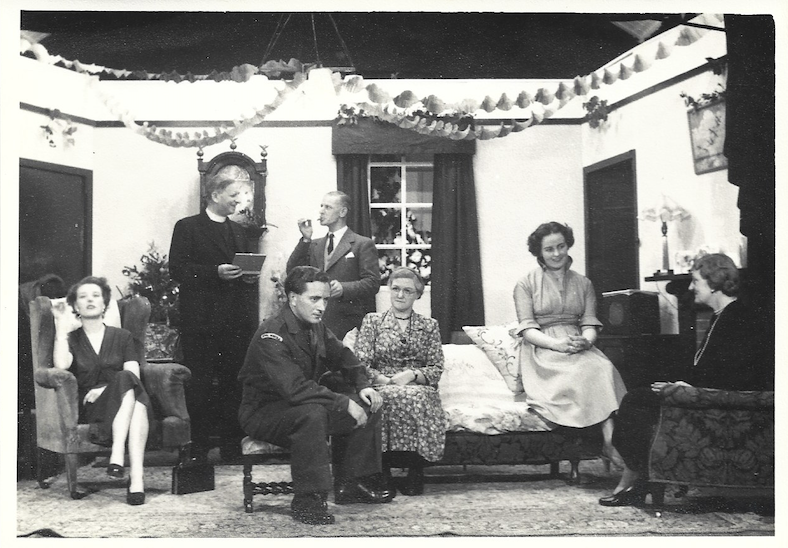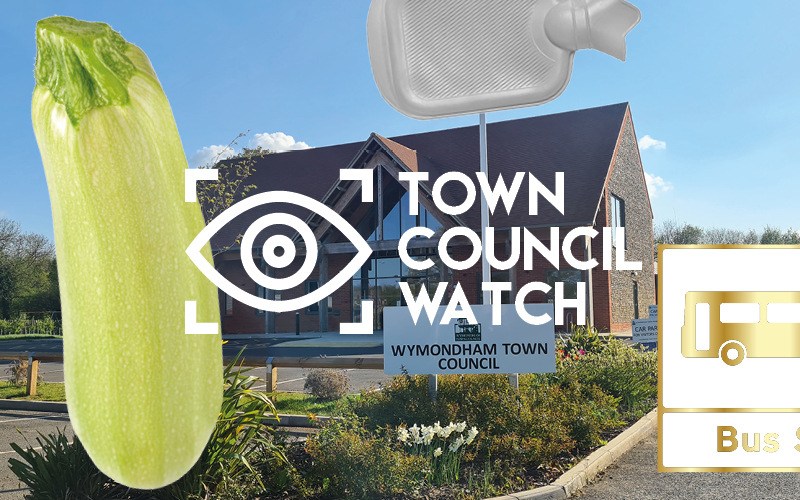Mediation has many advantages over going to court, including being faster, cheaper, and allowing the parties to remain in control and resolve important issues with dignity and respect. This article looks at these benefits and how mediation might work for you and your family.
What is family mediation?
Family mediation is a process in which an impartial third-party mediator helps separating couples resolve disputes and make lasting arrangements for the future of them and their family, without going to court.
Benefits of family mediation to resolve disputes
Overall, using family mediation to resolve issues has several advantages over going to court, and is well worth considering.
A faster resolution
One of the biggest benefits of mediation is that it allows for a faster resolution than the traditional court process. This is because mediation is a voluntary process, with no set court timetable or deadlines to adhere to. This means that the parties involved can work at their own pace and resolve their dispute as quickly or as slowly as they need. This flexibility is especially useful if the parties involved cannot meet at the same time or place, as mediation can usually take place over the phone or online.
Costs
Another advantage of mediation is that it is much cheaper than going to court. If the parties go on to seek a consent order encompassing their agreement legal expenses & Court fees will be much less. Mediation can also be a much quicker process than going to hearing, which means the costs associated with the process are lower. In addition, mediation can take place anywhere convenient for the parties involved or remotely, meaning that travel costs are also reduced.
More control
The parties involved in mediation also have much more control over the process than they would in a courtroom.
Preserve relationships
Finally, and potentially the most important in family mediation is that it has the added benefit of preserving relationships between the parties involved. This is because it is a non-adversarial process, allowing the parties to come together to find a solution that works for both. This is not possible in a courtroom, where the parties are usually pitted against each other, and the judge usually determines the outcome.
If you would like to discuss any points in this article further, please contact Spire Solicitors LLP on 01953 606351 for all your legal needs.















